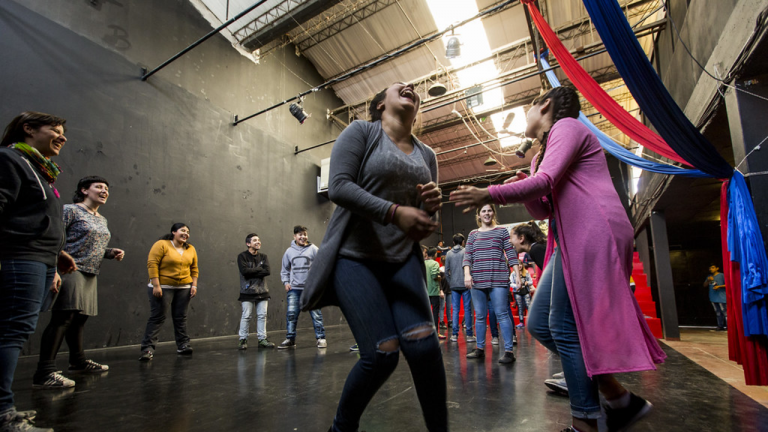The arts and culture sector was hit hard by coronavirus all over the world, trigging mental distress particularly to young people. In Latin American, a region that accounts for 30% of all global cases of COVID-19, art-based organisations committed to social transformation, have proved to be quick to respond to this challenging times. They’ve adapted their programmes to online platforms to keep supporting young participants’ mental health and wellbeing remotely throughout this crisis.
“We could be far apart physically but very close at heart.”
This is the moto driving five Latin American organisations that have reinvented themselves amid coronavirus: Crear Vale a Pena (Buenos Aires, Argentina), Redes da Maré (Rio de Janeiro, Brazil), Fundación Nacional Batuta (Bogotá, Colombia), Familia Ayara (Bogotá, Colombia) and Teatro La Plaza (Lima, Peru). They now offer online classes and digital campaigns focusing both on artistic and psychosocial support for young participants and their families.
For decades, through creativity and specific art forms, these organisations have been helping young people in vulnerable territories to explore and express problems and social realities, therefore playing a significant role in promoting mental health. Coronavirus has particularly challenged young people living in urban environments who might already face multiple stressors and risk factors for poor mental health, such as social isolation, poverty, displacement and violence.
People’s Palace Projects has established strong links with these organisations of which part of a current MRC-funded programme (Building resilience and resources to reduce depression and anxiety in young people from urban neighbourhoods in Latin America – OLA), and an AHRC/ESRC project (Building the barricades: Three interdisciplinary studies on Mental Health and Substance Use Disorders in the context of armed violence in Brazil).
Please, meet our partners:
The 10-month research-project aims to understand how these community-based organisations adapted their activities and explore how this change is experienced by art workers and participants. Furthermore, it wants to build up research capacity within the organisations and straighten networking among these countries.
As a result this project will lead to new knowledge that will help arts organisations and others like them, to respond to future emergencies so that they can seamlessly continue to support the mental health of young people, even through a global pandemic.
We will disseminate the findings and creative outputs to ensure wide impact and beneficiaries in our partner countries and beyond.
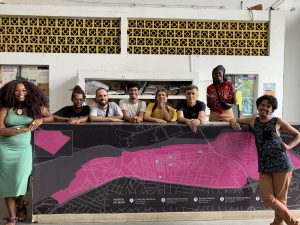
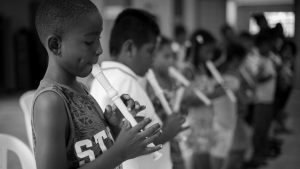
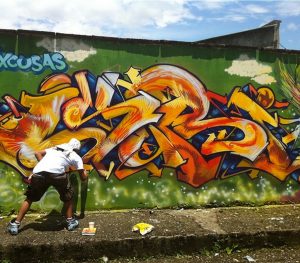
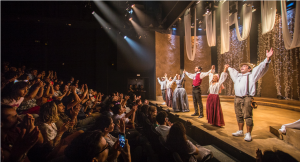
Far Apart but Close at Heart is funded by Arts & Humanities research Council. The research team comprises Professor Paul Heritage (Queen Mary University of London/People’s Palace Projects), Professor Stefan Priebe (QMUL), Dr Victoria Bird, Catherine Fung (QMUL). Mariana Steffen (People’s Palace Projects) is the project manager.

